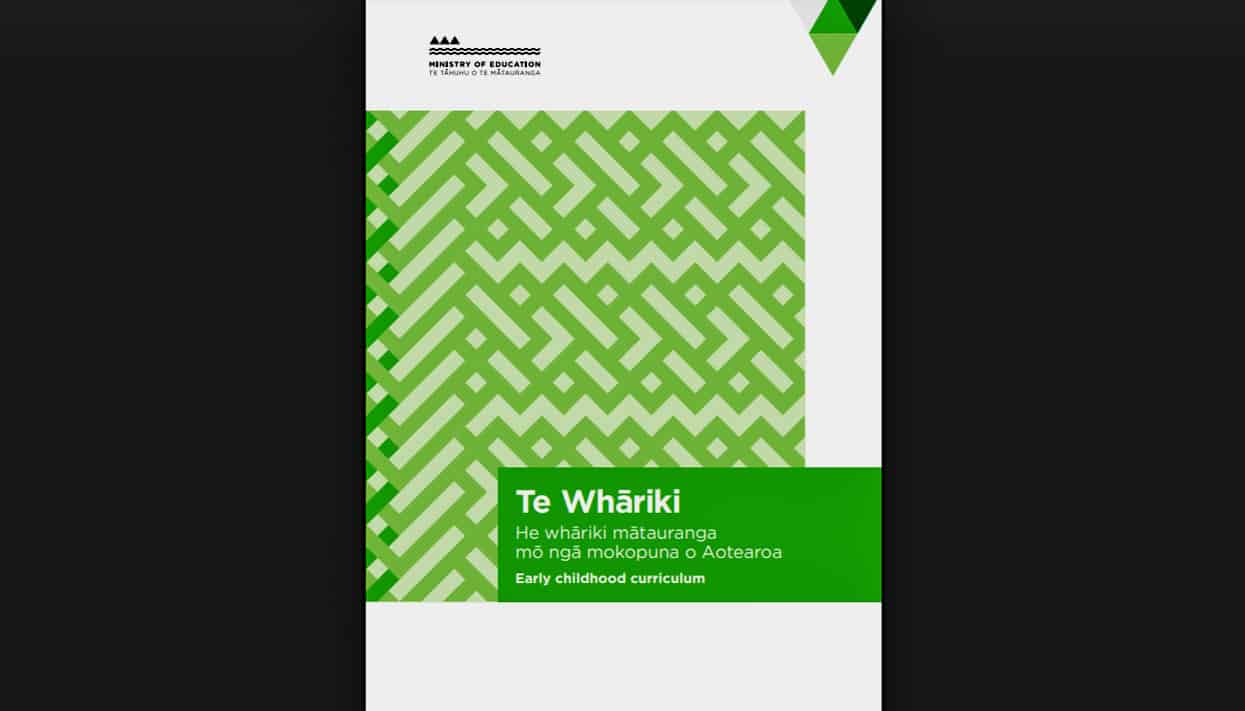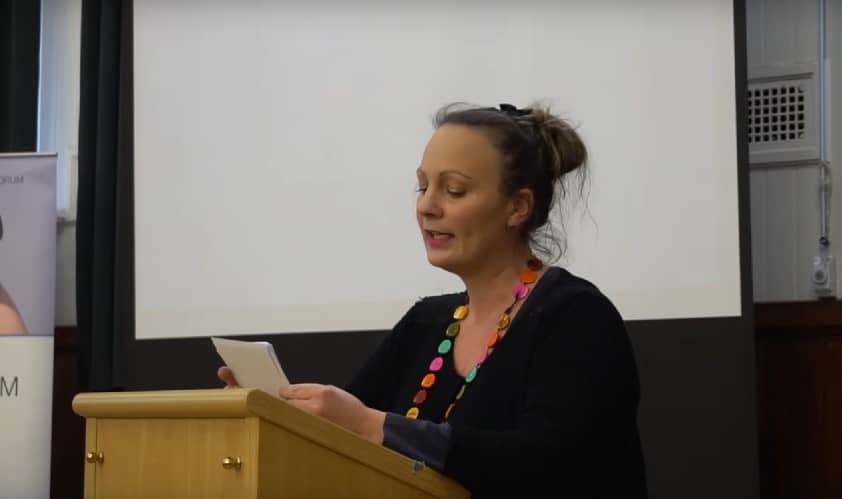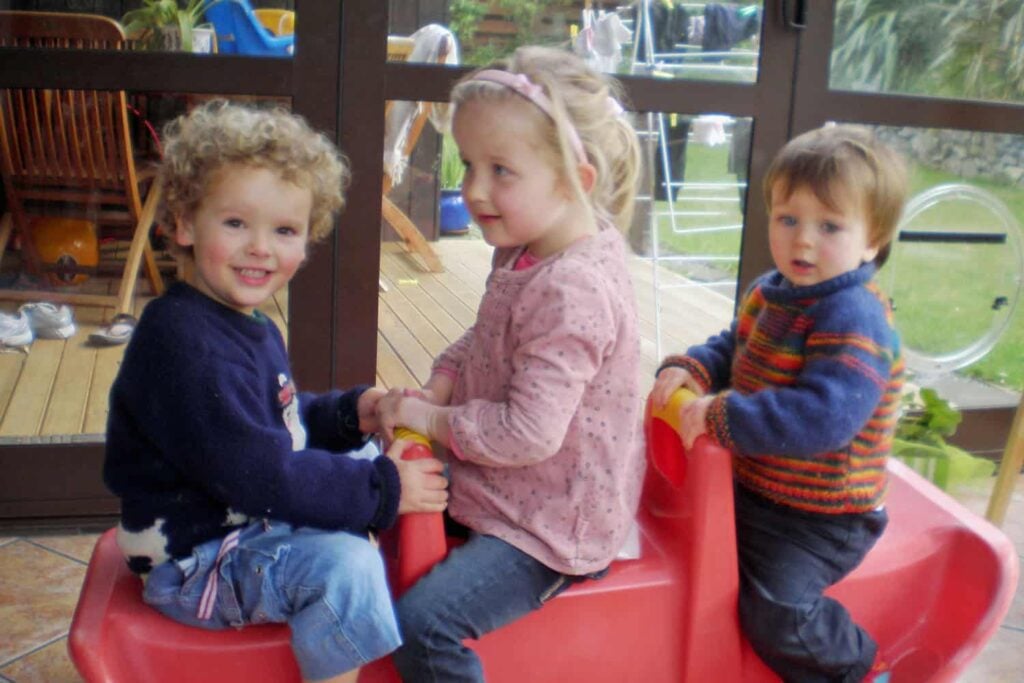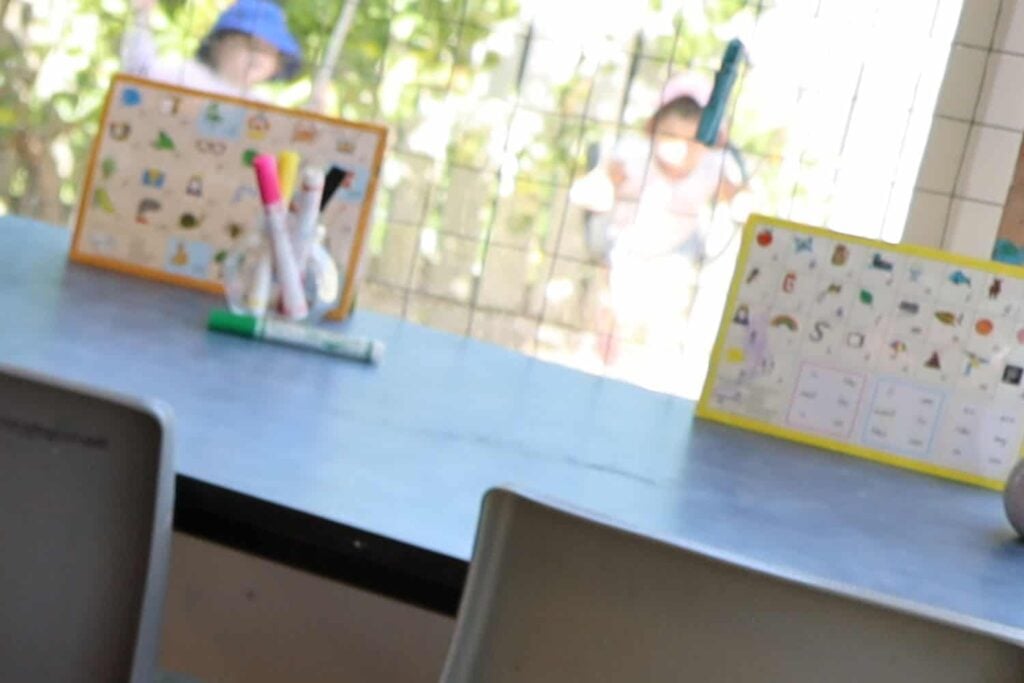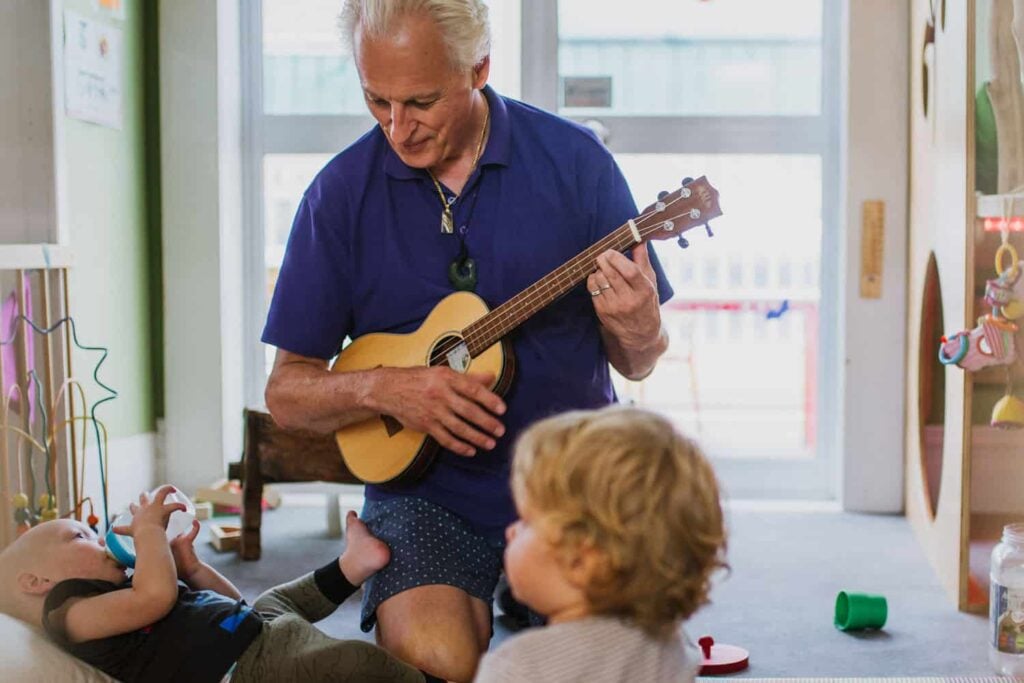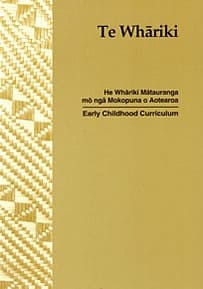
Te Whāriki and EYF.
May 20, 2013.
This article puts Te Whāriki and EYF (the Early Years Framework) side by side to see what the differences are. This is a useful exercise to do because Te Whāriki was drafted in 1993 and the final version published in 1996. Some argue that it is now outdated and we need to be looking at improving it and referring to curricula overseas.
The Early Years Learning Framework for Australia titled “Belonging, Being and Becoming” was published in 2009.
Concepts in Te Whāriki and EYF are very similar. Australian early childhood professional guru, Joy Lubawy explains the wording is similar in lots of places, but with a little twist here and there, mostly saying the same things due to being grounded in the same sources and pedagogies.
Both documents go into detail about how the curriculum in practice will look and what we will see children doing when they are achieving outcomes or goals. Joy Lubawy notes that the USA curriculum “Standards” are also similar yet slightly different.
Below is an outline which makes the similarities and differences between the NZ and Australian curriculum documents clearer.
Joy Lubawy’s chart of showing similarities and differences
Te Whāriki – NZ | EYLF for Australia- Belonging, Being and Becoming |
Principles:
| Principles:
|
Strands and Goals:1. Well-being
2. Belonging
3. Contribution
4. Communication
5. Exploration
| Practices:
Learning Outcomes:1. Children have a strong sense of identity
2. Children are connected with and contribute to their world
3. Children have a strong sense of well-being
4. Children are confident and involved learners
5. Children are effective communicators
|


